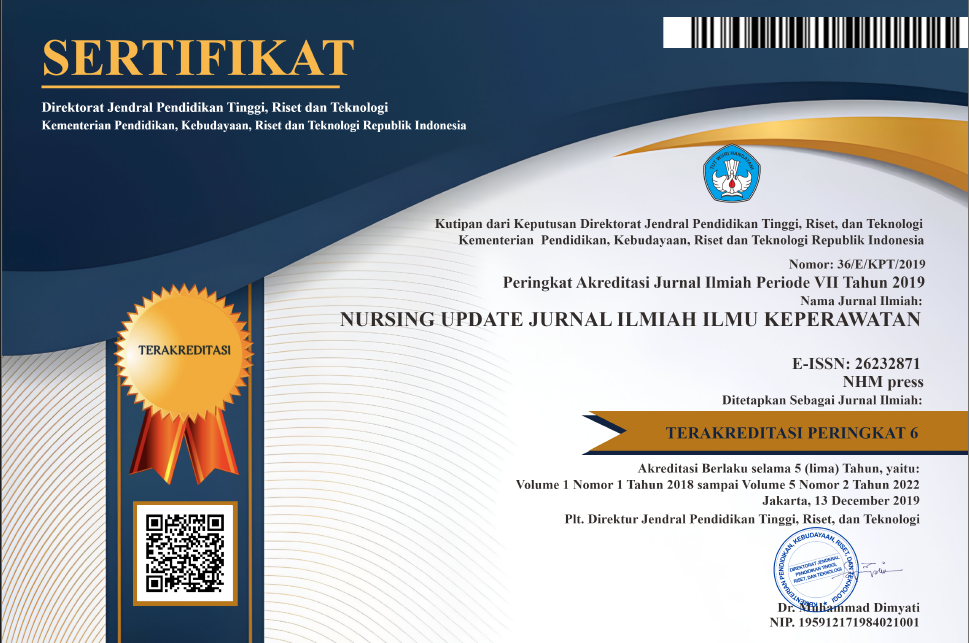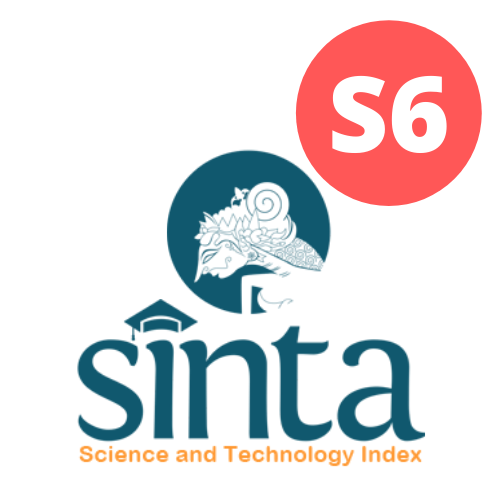PENDAMPINGAN KADER DUKUNGAN SEBAYA BERBASIS KOMUNITAS
Abstract
Background. The role of peer support is one of the important roles in the HIV/AIDS management system. Peer support will run continuously if there are program sustainability factors. Objective. This research aims to determine the factors that influence the sustainability of peer support in the HIV/AIDS prevention system in Kendari City. Method. This research was carried out by collecting qualitative data and literature study. In-depth interviews were conducted with main informants and supporting informants. The instrument used was an in-depth interview guide. Results. Peer support groups can continue and play a role in the HIV/AIDS prevention system, if factors related to group sustainability can continue to develop. The sustainability factors for peer support are: 1) Internal factors, which include group motivation factors, leadership, independence and management and group accountability. 2) External factors, which include involvement in the HIV/AIDS control system, access to resources and entry into the referral system.










